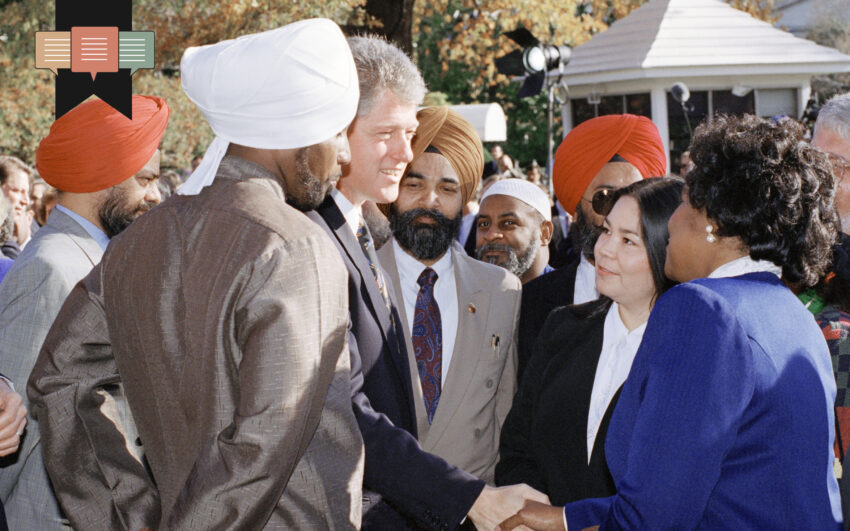
Published November 27, 2023
Some original supporters of the landmark law to protect conscience rights now want to weaken it.
Thirty years ago this month, the landmark Religious Freedom Restoration Act (RFRA) was signed into law. The enactment of RFRA was historic in a number of ways, from the broad coalition that rallied around it to the exceptional congressional resolve that passed it. But most of all, RFRA’s enactment was significant because of how the law contributes to practically implementing our first freedom and helping us navigate our differences as a society. Three decades later, that is more important than ever.
The basic principle behind RFRA is that when the government makes policy, it should not interfere with religious believers’ practice of their faith. The coalition that worked for RFRA’s passage brought together 66 diverse religious and civil rights organizations, from the Southern Baptists to the American Civil Liberties Union. Catholic, Jewish, Mormon, Muslim, and many other religious groups participated in the coalition.
Click here to continue reading.
Jennifer Patterson is a senior fellow at the Ethics and Public Policy Center. Her work focuses on projects related to religious freedom and overcoming poverty, drawing on her more than 25 years of experience in public policy.








